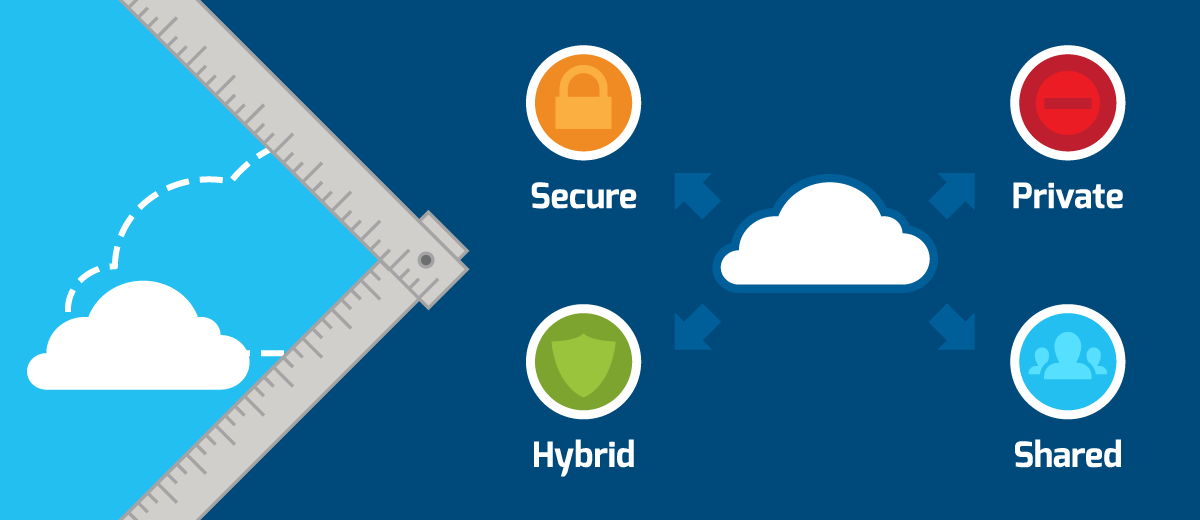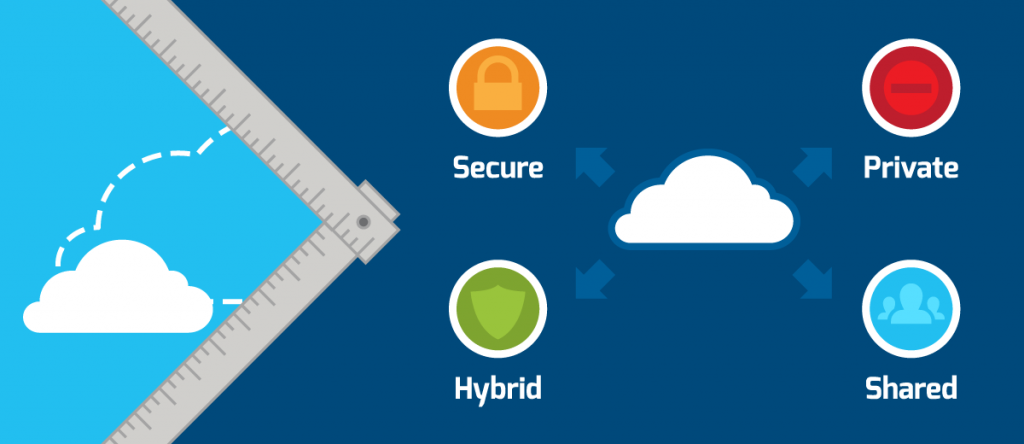The speed of change in today’s marketplace gives an advantage to businesses that adapt quickly to market conditions. Cloud computing gives businesses the flexibility to grow or shrink their IT use as their needs change. Easy scalability means these companies never pay for more than they need.
What is cloud computing?
Switching to a cloud environment typically means transitioning from hosting and operating IT resources locally to having a third party deliver those services instead. With cloud computing services, scalability is easy. As business cycles wax and wane, you only pay for what you use.
What are the advantages of cloud computing?
Cloud computing services keep costs in check-especially for companies that experience dramatic swings in their sales cycles. Or companies that are growing fast and need to be able to get more server capacity immediately. With cloud computing, businesses bump up or scale back the load on their cloud servers with a simple phone call. In addition, they avoid overspending on in-house equipment that has more capacity than they need. And let’s not forget the time spent shopping for all that equipment.
What kinds of businesses benefit most from cloud computing?
Businesses in an unpredictable market space use cloud computing as a tactical advantage. Companies whose employees frequently work outside the office also benefit. With remote access to cloud file servers and applications, employees can access, upload, and download files using any internet-connected device whether they’re in Topeka or Tripoli. To maximize this benefit, many companies are starting to implement a BYOD (Bring Your Own Device) policy, which not only keeps workers connected, but frees companies from individual computer purchases.
Three types of cloud environments to choose from
There are three types of cloud computing environments.
Private Cloud
The servers and equipment powering your private cloud are controlled by your IT department, which makes private cloud the most secure option. It is also, however, the most expensive option since your company owns and maintains the system. Many small- and medium-sized businesses (SMBs) find the cost of this option does not fit their budget.
Public Cloud
In this arrangement, you share IT resources with other users. Each user gets segmented server space in the provider’s data center. It’s a more economical option than private cloud, since multiple entities essentially “rent” server space. And of course, you don’t have to buy and maintain the equipment. The better providers of public cloud offer good customization options and a variety of service tiers to choose from.
Hybrid Cloud
Hybrid Cloud blends the best of public and private cloud. In a hybrid environment, the crucial (and most sensitive) IT resources are managed via private cloud while less-critical resources are delivered via public cloud.
Which environment is best for you? Let’s talk.
More and more companies are taking advantage of cloud computing—to make the company more flexible and the budget more predictable. With the 3 main options outlined above, you might wonder which serves your needs best. Hybrid cloud is gaining popularity but the other options suit some companies well, depending on their needs. There’s nothing like a conversation with an expert to help you figure out what’s best for you. As you probably guessed, we have such experts here at Dynamic Quest and they would be happy to discuss your situation.

